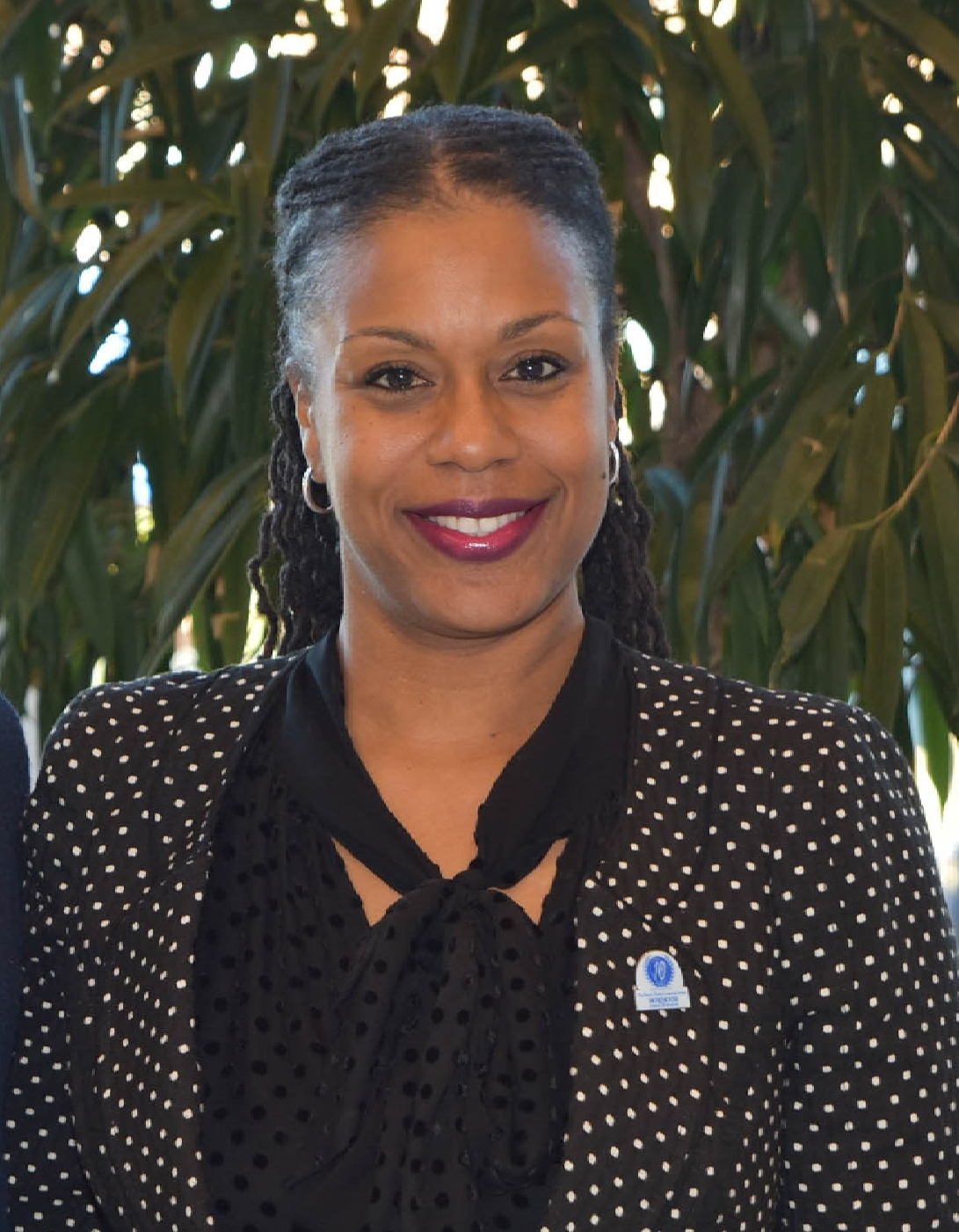
Race-based health disparities have gained increased attention from health professionals, public health experts, and the public. Currently, there is momentum on addressing health inequities among Black, Indigenous, and People of Color (BIPOC). Within the movement to address health inequities, mental health must be prioritized. Opportunity barriers resulting from systemic, avoidable and unjust social and economic policies and practices impact an individual's ability to access needed mental health services. Similarly, mental health professionals often provide care, run clinical services, and design health policies without considering health inequities within their own system. During this webinar, Dr. Holden reviews the needs of and equity barriers experienced by underserved and underrepresented populations in the Southeast. She discusses potential strategies to promote wellness, access to healing and resilience among ethnically and culturally diverse individuals.
 Kisha B. Holden, PhD, MSCR, a psychologist, is the Poussaint-Satcher Endowed Chair in Mental Health and Associate Director of the Satcher Health Leadership Institute at Morehouse School of Medicine (MSM). Also at MSM, Dr. Holden is Professor and Director of Research & Scholarship for the Department of Psychiatry & Behavioral Sciences; and Professor in the Department of Community Health & Preventive Medicine. Dr. Holden has dedicated her career to encouraging mental health and well-being among ethnically and culturally diverse families through research, programmatic initiatives, and the development of innovative strategies for informing health policies. She has placed a special emphasis on addressing the needs of underserved and underrepresented populations that are often overlooked, yet prevail in contributing to the myriad of health disparities. She aims to: (1) promote excellence in community-based clinical and translational mental health research, (2) develop innovative programs that improve accessibility of individuals to comprehensive healthcare, and (3) develop culturally centered, gender specific, resilience based prevention and intervention models for individuals at risk for depression.
Kisha B. Holden, PhD, MSCR, a psychologist, is the Poussaint-Satcher Endowed Chair in Mental Health and Associate Director of the Satcher Health Leadership Institute at Morehouse School of Medicine (MSM). Also at MSM, Dr. Holden is Professor and Director of Research & Scholarship for the Department of Psychiatry & Behavioral Sciences; and Professor in the Department of Community Health & Preventive Medicine. Dr. Holden has dedicated her career to encouraging mental health and well-being among ethnically and culturally diverse families through research, programmatic initiatives, and the development of innovative strategies for informing health policies. She has placed a special emphasis on addressing the needs of underserved and underrepresented populations that are often overlooked, yet prevail in contributing to the myriad of health disparities. She aims to: (1) promote excellence in community-based clinical and translational mental health research, (2) develop innovative programs that improve accessibility of individuals to comprehensive healthcare, and (3) develop culturally centered, gender specific, resilience based prevention and intervention models for individuals at risk for depression.